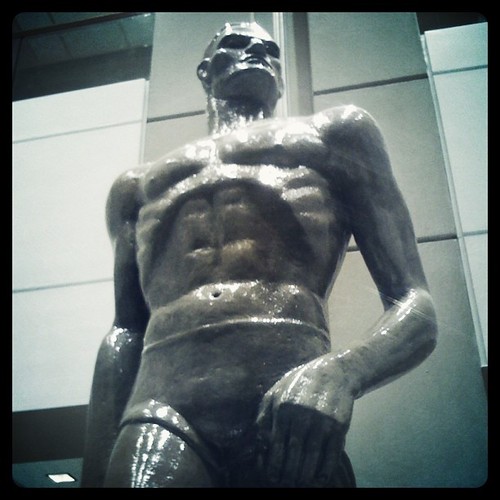Eric F. Box Funeral Directors
Celebrating remarkable lives with memorable funerals
Burials through time: THE SPARTANS
Life in Sparta was almost a daily exercise in survival.
Sparta, a prominent city-state in ancient Greece from around 650BC, was largely a militarist state with strict fitness and strength regimes beginning virtually at birth. Newborn babies would be bathed it in wine to see whether the child was strong. If the baby survived it was brought before the Gerousia by the child’s father. If it was considered “puny and deformed”, the baby was thrown into a chasm on Mount Taygetos.
Effectively, this was a primitive form of eugenics – a practice which advocates methods of improving the genetic composition of a population.
At the age of seven, boys entered the Agoge system, which was designed to encourage discipline and physical toughness. They lived in communal messes and were underfed to encourage them to master the skill of stealing food. As well as physical and weapons training, the boys also studied reading, writing, music and dancing.
At the age of twelve, the Agoge obliged Spartan boys to take an older male mentor, usually an unmarried young man. There is also reasonably certainty that they had sexual relations as part of their culture.
At the age of eighteen Spartan boys became reserve members of the army and some were sent into the countryside to seek out and kill any helots as part of the larger program of terrorising and intimidating the helot population.
When Spartans died, marked headstones would only be granted to soldiers who died in combat during a victorious campaign, or women who died either in service of a divine office or in childbirth.
